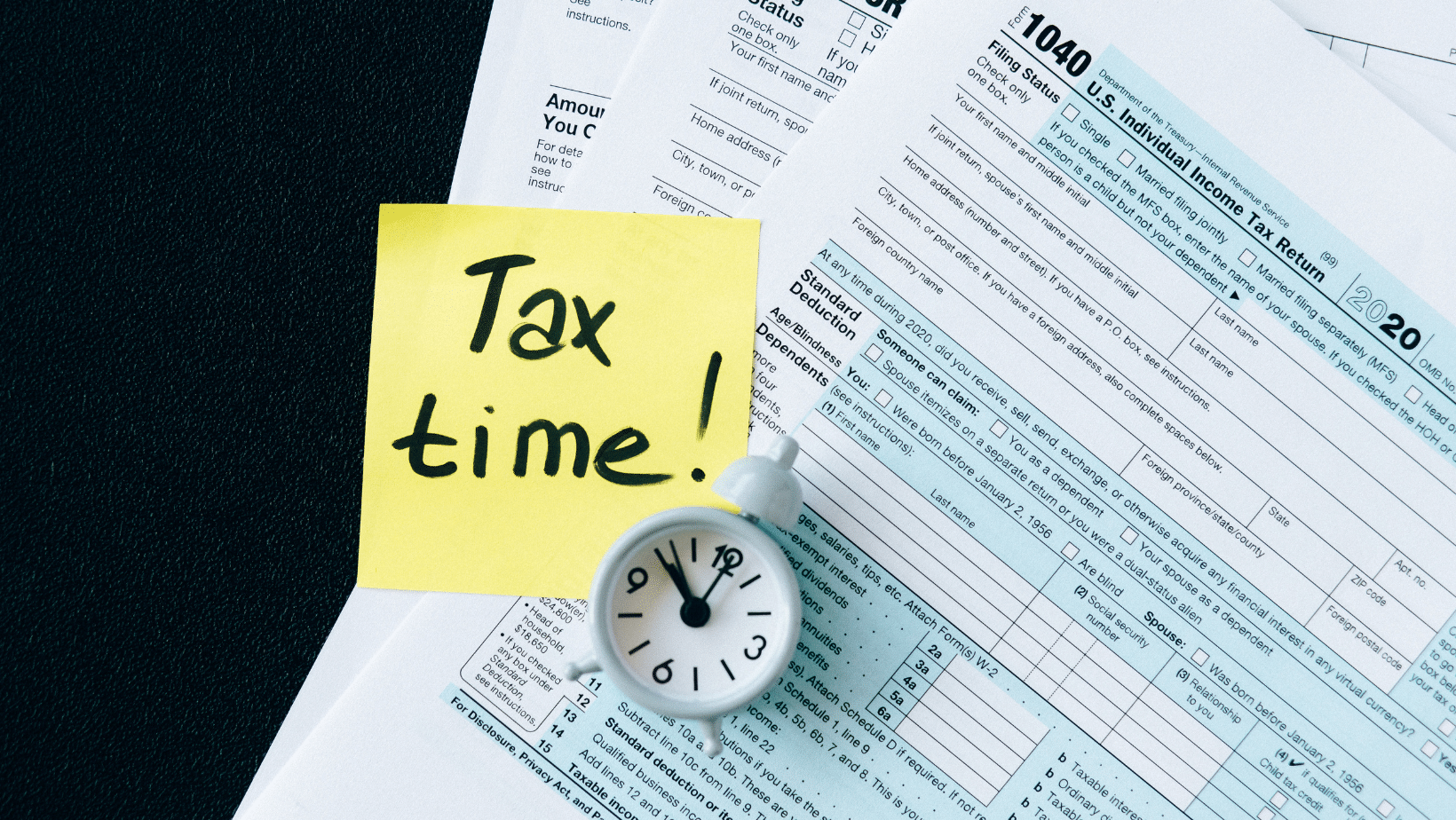Tax Scams

Tax season is upon us and, unfortunately, with that comes a variety of tax fraud. These scams often involve phone calls, phishing, identity theft and fraudulent accountants. Phone scams are one of the most prevalent forms of fraud and have cost victims more than $72 million since October 2013. The good news is that data suggest some hoaxes are on the decline due to stepped-up security efforts from the IRS, but that doesn’t mean they still aren’t happening. Here are a few things to look out for to prevent yourself from falling prey to these scams.
These schemes involving phone calls typically threaten arrest, deportation or license revocation if the victim doesn’t pay a fake tax bill. Victims sometimes give sensitive personal information that can be used for identity theft. In order to prevent this, don’t ever give out personal information to anyone you don’t know over the phone. The IRS never makes initial contact with taxpayers via an unsolicited phone call and never asks for personal information over the phone.
Phishing is another way that fraudsters use e-mails, text messages, websites and social media to bait taxpayers into providing their personal information or clicking a compromised link that can then be used to install malware onto a computer or other device. These crooks often pose as a legitimate organization, such as a bank, credit card company or government organization like the IRS and might promise a big refund or personally threaten you. Don’t ever open attachments or click on links in suspicious e-mails. The IRS generally only contacts people by mail.
Another form of tax fraud is identity theft. This occurs when thieves typically steal a Social Security number or individual taxpayer identification number to file a fraudulent return claiming a tax refund. If a thief claims a refund in your name, you still will get a proper tax refund, but it will take time and a lot of paperwork.
It is also important to do your research in order to avoid fraudulent accountants. There are scammers who pose as tax professionals and rip off customers via refund fraud, identity theft and other schemes. These criminals typically promise overly large tax refunds to prey on older Americans, low-income taxpayers and non-English speakers. Make sure to Visit the Better Business Bureau’s website to run a check. Look for disciplinary actions and the license status for credentialed preparers. For CPAs, check with your state’s Board of Accountancy. The IRS also has some tips on how to choose a tax professional.
In order to avoid these types of scams, the best thing is to trust your gut. If something seems to good to be true, it probably is. Never give out personal information via a phone call or e-mail and if you have questions about anything, ask for a detailed letter.
